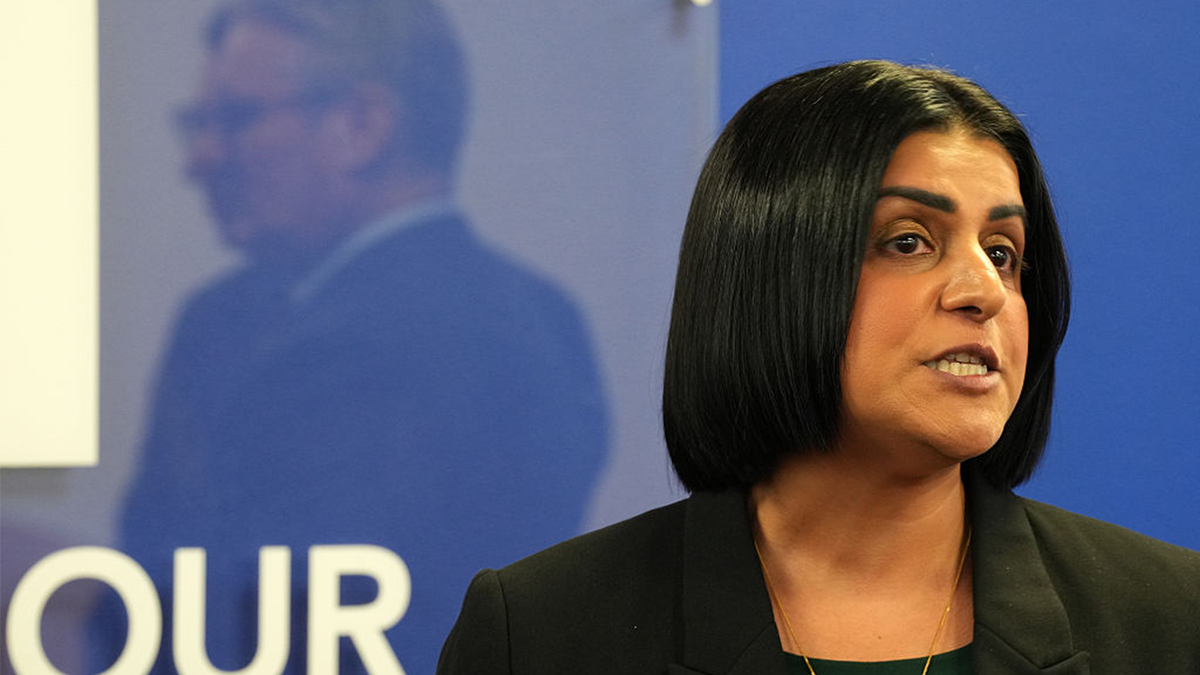News Flash
News Flash

LONDON, Nov 17, 2025 (BSS/AFP) - The UK government is set to announce
sweeping changes to its asylum system on Monday, including drastically
cutting protections for refugees and threatening visa bans for countries that
refuse to take back irregular immigrants.
Here's what we know so far about the plans, which have been dubbed by the
government as the "most sweeping reforms to tackle illegal migration in
modern times":
- Refugee protections -
Home Secretary Shabana Mahmood is set to announce the measures at 1530 GMT
Monday, modelled on Denmark's strict asylum system.
Refugee status will become temporary and reviewed every 30 months. Refugees
will be forced to return to their home countries once those are deemed safe.
They will also need to wait for 20 years, instead of the current five, before
they can apply for permanent residency.
The plans have been slammed by charities and lawmakers from Prime Minister
Keir Starmer's Labour party, who say they could result in uprooting refugees
who settle in Britain.
Labour MP Tony Vaughan warned the policy would create a situation of
"perpetual limbo and alienation".
Mahmood hopes the measures will discourage migrants from crossing the Channel
from France on small boats.
She is also expected to announce a tightening of rules around family
reunions.
- Asylum seeker support -
The government is set to end a legal duty to provide support to asylum
seekers who otherwise face destitution.
This means that housing and weekly financial allowances will no longer be
guaranteed to asylum seekers who have the right to work or can support
themselves, or those who have committed crimes.
More than 39,000 people, many fleeing conflict, have arrived on small boats
this year -- more than for the whole of 2024 but lower than the record set in
2022, when the Conservatives were in power.
As of March 2025, over 106,000 asylum seekers received government support.
Home Office minister Alex Norris denied media reports that asylum seekers
could have their jewellery confiscated to fund their stays, but said those
who have the means could be expected to "contribute".
- Human Rights law -
The government has said it will legislate to make it harder for irregular
migrants and foreign criminals to use the European Convention on Human Rights
(ECHR) to stop deportation.
Courts would be required to prioritise British public interests over the
right to family life when considering the deportation of foreign offenders.
It also wants to reduce the scope of ECHR protection against inhuman and
degrading treatment in regards to asylum claims.
- Visa bans -
Echoing US President Donald Trump's travel bans, the interior ministry
threatened to stop granting visas to nationals from Angola, Namibia and the
Democratic Republic of Congo unless the countries accepted the returns of
"their criminals and illegal immigrants".
Norris told Sky News the countries had "one month to get this in order",
adding there were around 4,000 nationals who could be deported.
Other countries could be targeted, including with an "emergency brake" on
visas for people from countries with high rates of asylum claims, who travel
to the UK by legal routes.
Asylum claims in Britain are at a record high, with around 111,000
applications made in the year to June 2025, according to official figures.
But the number of initial positive decisions the UK authorities granted fell
from 2023 to 2024.
New, capped legal routes will be introduced for refugees to work and study
the UK, Mahmood announced.
- Reactions -
The tougher stance has been seen as an attempt to claw back support from the
hard-right Reform UK party, which has surged in popularity on the back of
public anger over immigration.
Reform's firebrand leader Nigel Farage celebrated the announcements, saying
Mahmood "sounds like a Reform supporter".
But centre-right opposition Conservatives criticised the measures, with home
affairs spokesman Chris Philp saying the government was just "tinkering with
the edges".
Enver Solomon, chief executive of the Refugee Council, urged the government
to reconsider, warning the plans "will not deter" crossings and refugees who
work hard should be able to build "secure, settled lives".
Labour MP Stella Creasy slammed the proposals as "performatively cruel" and
"economically misjudged" in an article for The Guardian.